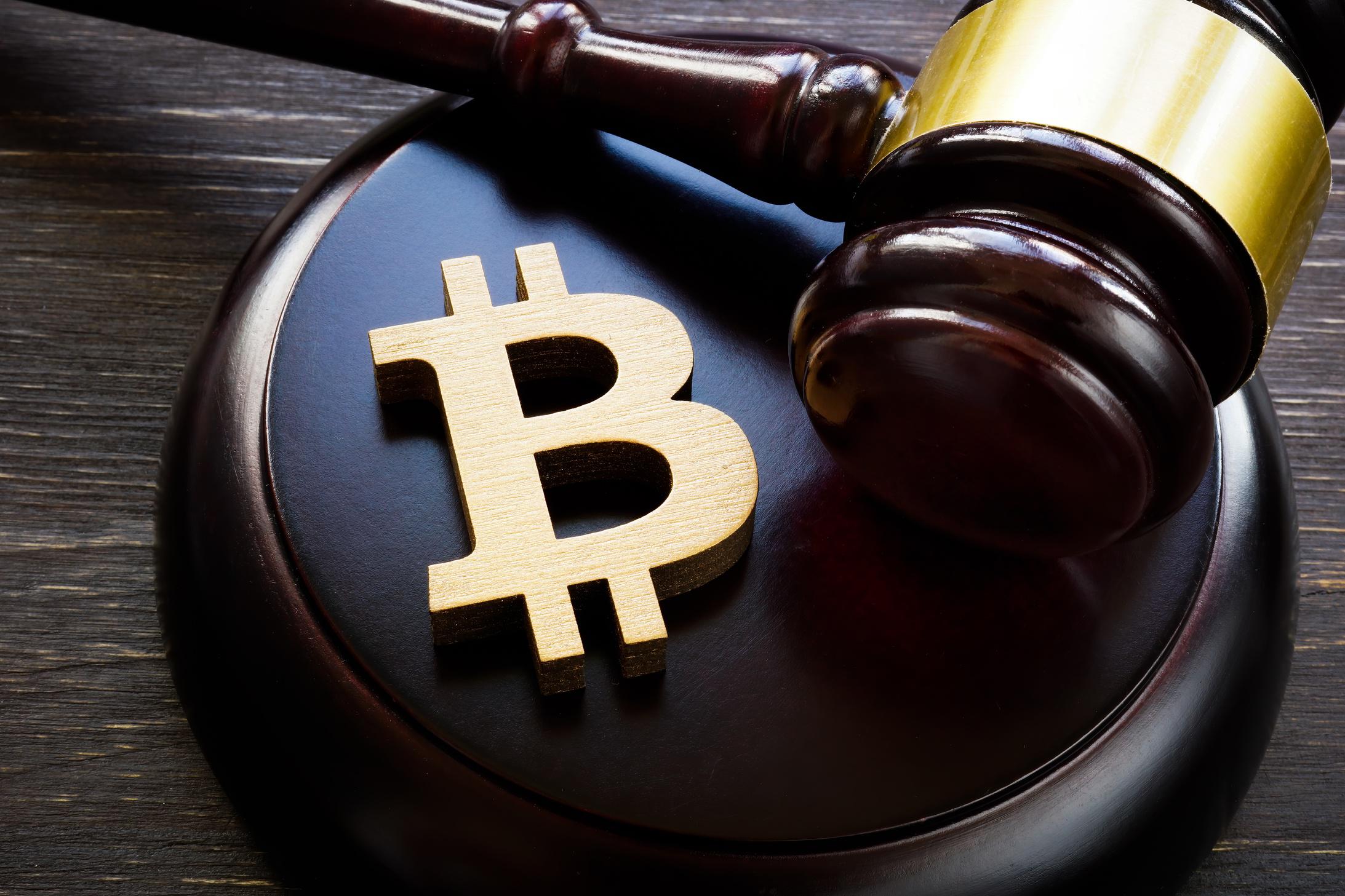Nigeria’s Securities Exchange Commission has issued new rules that apply to all crypto product and … [+]
The Securities Exchange Commission of Nigeria has published new rules relating to the issuance, exchange and custody of digital assets in the country. This comes 20 months after the Commission initially issued a statement on how it would classify and treat digital assets.
Digital assets are a catch-all term for all types of crypto assets.
SEC’s position is also in stark contrast to that of the Central Bank of Nigeria (CBN), which currently restricts local financial institutions from doing business with crypto-related businesses. Notably, the new SEC rules require token issuance platforms and exchanges to maintain trust accounts with receiving banks.
Overall, this development could bring legitimacy to crypto and related businesses and ultimately open new doors for crypto usage in Nigeria, which is one of the leading countries for crypto adoption globally. SEC’s rules could also provide the CBN with a framework within which financial institutions in the country may interact with crypto.
For starters, entities looking to offer any kind of crypto products and services in Nigeria or to Nigerians must now secure a virtual asset service provider (VASP) license. This will be in addition to relevant category licenses. For instance, an exchange would need a digital asset exchange license in addition to the VASP permit.
The VASP license comes with its own set of obligations. Particularly, license holders need to obtain self-declared risk acknowledgment forms from users while also issuing a disclaimer that losses from investments aren’t covered by any protection fund. VASPs must also employ anti-money laundering/combating the financing of terrorism (AML/CFT) standards.
In addition to the VASP rules, the document published on May 13 covers the following areas:
Here’s an overview
Under SEC’s new rules, all crypto exchanges providing service to Nigerians are now required to secure a permit, which gives the Commission access to its records. Exchanges are expected to submit weekly and monthly trading information as well as quarterly and annual financial and compliance reports.
It’s also notable that an exchange cannot facilitate the trading of any digital asset unless SEC has first issued a “no objection” about such asset. Essentially, an exchange will need to submit applications for every asset it intends to list. The application should prove that the exchange has sufficient information about the project and its associated risks.
What’s more, exchanges are also required to conduct real-time market surveillance.
Any project looking to conduct initial coin offerings within Nigeria or targeting Nigerians must register its intent with the SEC by filing an assessment form and submitting a detailed copy of its whitepaper. If the Commission considers the proposed token a security, the issuer has to comply with the country’s securities laws.
There are a few cases where a project issuing security tokens may be exempted from applicable registration requirements. The standout provision is for situations where the security tokens are structured for exclusive offering on a crowdfunding platform.
In addition, the SEC will allow projects to raise up to NGN 10 billion — roughly $24.1 million based on the official exchange rate. The Commission may update this figure as it deems fit.
A digital assets offering platform (DAOP) refers to portals where issuers can launch an initial digital asset offering, such as an ICO. The Commission set out a list of obligations related to operating a DAOP. Here’s a summary:
While the rules make provisions for running a digital asset custody business in Nigeria, they don’t appear to oblige DAOP operators and exchanges to use independent custodians. Per the rules, a DAOP can provide its own custody services, provided it complies with relevant regulations. There aren’t precise requirements for how an exchange should custody user assets.
The only time when the use of a registered custodian is a requirement is before token sales in the case of an ICO.
The rules also do not provide much clarity on how or where assets may be stored. For context, crypto regulation in Japan requires custody service providers to keep at least 95% of customers’ assets in an offline environment (cold wallets). The Nigerian regulator only requires custodians to segregate customers’ assets from their own assets.


